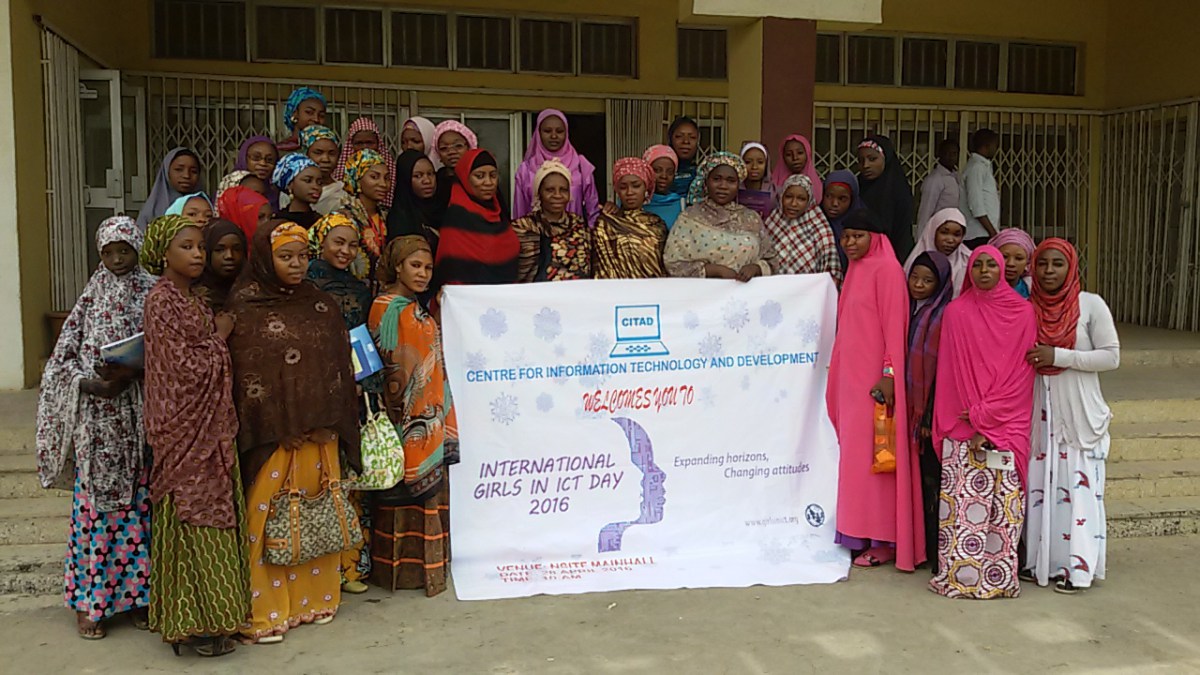Although a research validation exercise has found that online violence targeted at women is real, there are, however, no specific laws against gender violence in Nigeria. This is the challenge confronting the community of interests committed to expanding the gender space in Information and Communication Technology revolution following the finding in 2016 that the fear of the internet is the major factor inhibiting its use by women in northern Nigeria. The fear of the internet is itself linked to experiences of sexual harassment and other such practices regarded as cultural red lines to the victims. The twist is that, according to the communiqué informing this story, there is a northern Nigerian specificity to this in the sense that it is widening the gender gaps in educational accomplishment as many examinations now require competency in the use of the internet.
 These fears have been documented in the book, “Internet for Men?:The Digital Marginalization of Women in Northern Nigeria” published by Kano based NGO, Centre for Information Technology and Development, (CITAD). The validation exercise on the findings has, however, revealed that there are no laws by which the fears can be made actionable. Experts are, therefore, looking at the extent to which certain laws such as the law on slander and defamation of character may serve the purpose.
These fears have been documented in the book, “Internet for Men?:The Digital Marginalization of Women in Northern Nigeria” published by Kano based NGO, Centre for Information Technology and Development, (CITAD). The validation exercise on the findings has, however, revealed that there are no laws by which the fears can be made actionable. Experts are, therefore, looking at the extent to which certain laws such as the law on slander and defamation of character may serve the purpose.
Supported by the Association for progressive Communication, (APC), CITAD’s Research Validation Meeting to address technology related online violence is shifting the focus to sensitization of the public on the mechanism that can be used on social media and internet to report, delete, block or untag violence against any persons, especially women; preachment by religious leaders against gender based online violence especially in congregational gatherings; punishment by the government of those involved in gender violence and pressure on social media users to stop spreading gender based violence.
But the meeting attended by academics, civil society activists, journalists, representatives of selected government agencies and development partners at Mambayya House in Kano is also calling for urgent review of the penalty for gender-based violence related offences which it considers to be inadequate with particular reference to the magnitude of offences and the possible consequences of such to the victims. This is in addition to its call for creation of awareness about online based gender violence online and how to reduce its occurrence as well as the making of provisions for easier access to justice for victims or potential victims.
The communiqué leaders of the meeting viz Barrister Badariyya Rabi’u Abubakar, (International Federation of Women Lawyers (FIDA); Sagir Salihu Chedi, Center for Research and Documentation (CRD); Binta Lawan Bichi, Principal Kano Capital; Hauwa Sani Agadasawa, Representative of Shekara School and Maryam Ado Haruna, Gender and Internet Advocacy Project, (CITAD) cited low awareness about safety tools and procedure among women users of the internet which many perpetrators of gender based online violence are said to exploit. Gender based online violence is held to be a major issue because it reinforces misconceptions and misunderstanding of the internet among people, including both men and women, ending up being a perfect alibi by which wives and daughters are blocked from accessing the internet.




























